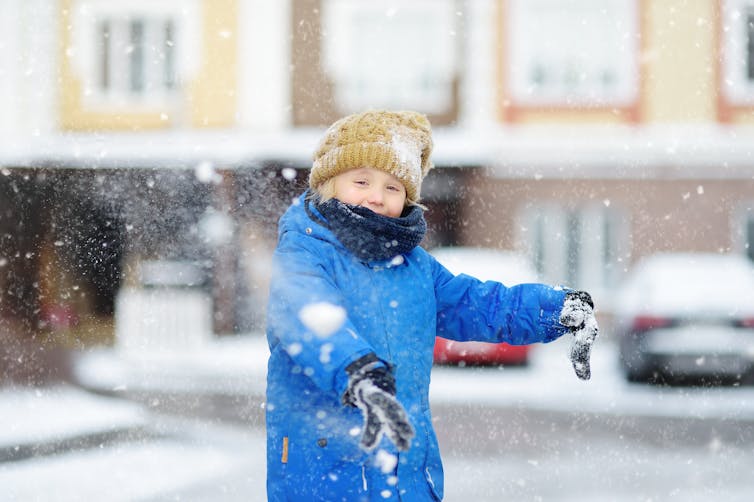In Norway, students get grades for their behaviour – could this work in Australia?
- Written by The Conversation

Student behaviour is one of the biggest issues facing Australian schools. A survey of Queensland teachers earlier this year found “managing student behaviour” was the main thing taking their time away from teaching.
Along with students talking out of turn, using their phones or not paying attention, there are regular reports of students being violent and abusive towards teachers. Australian classrooms are rated among the “least favourable” for discipline in the OECD.
Amid a push to include more classroom management training for teachers, what other approaches could we look at to improve behaviour?
What happens in Norway?
For several decades Norwegian school children have been assessed twice a year on their sense of personal order (being punctual, well-prepared and following up on homework) and social behaviour (showing care and respect for others).
In some schools this might involve following rules against throwing snowballs, eating in class or leaving school grounds.
Until Year 8, students receive comments and then they also get a grade (good, quite good or not so good).
Teachers in all subjects report to the child’s home base teacher who calculates an average, noting any poor examples of poor personal order and social behaviour. The overall report is shared with the student and parents receive a copy.
The goal, as specified in Norway’s Education Act, is to ensure a good and safe school environment and “social learning”. This means learning to behave around others through observing, modelling and imitating the behaviours of others.
This is on top of learning knowledge and skills.
Does it work?
Norwegian society takes these grades seriously. It has been part of the Norwegian schooling system since 1939.
Research on teachers and students describe it as a valued tool for dealing with students who disrupt the learning environment in the classroom.
Even when young adults apply for jobs after university or vocational study, employers can be interested in the grade received for order and behaviour at school. Students and their teachers are aware it can indicate trustworthiness and employability.
A not uncommon story repeated by Norwegian parents to their teenage children is “if you have a record of behaving poorly or arriving late at school it doesn’t bode well whether you want to work on a construction site, in an office or on a hospital ward”.
There are Norwegian critics of this approach. Some researchers argue behaviour grades can sometimes say more about who are the “teachers’ favourites”.
But despite some limited trials to refine Norway’s behaviour grading, there are currently no plans to remove it.
What about Australia?
There is some precedence for reporting on behaviour in Australia.
For example, Queensland public schools report about effort and behaviour against a five-point scale: excellent, very good, satisfactory, needs attention and unacceptable.
But assessment criteria and evidence for the reporting of student effort and behaviour seems to be a more subjective appraisal than reporting against other standards in the curriculum.
School is about more than maths and reading
Schools can teach students more than academic knowledge or vocational skills.
And while addressing behaviour in schools is complex (and will not be solved by any single thing), reporting on behaviour could provide a regular opportunity for Australian teachers, schools and parents to reflect on how a students is progressing.
Grading students could make students more accountable for how they interact with their peers and their teachers.
It could also help build their understanding of what is acceptable, not just in the classroom but in the community more broadly. For example, if there are specific rules about how you speak to others, whether you are safe in the playground and respectful in the classroom.
This type of social learning is important, because it can help teach students to be inclusive and responsible towards others. It can also help to create a safer school environment for all students and staff.
At the moment, there is a general requirement in the Australian Curriculum to teach students social and emotional skills across all subjects.
But it is up to state and territory education authorities to work out if and how students are assessed about this. This includes any reasonable adjustments for students with disability or other special needs.







